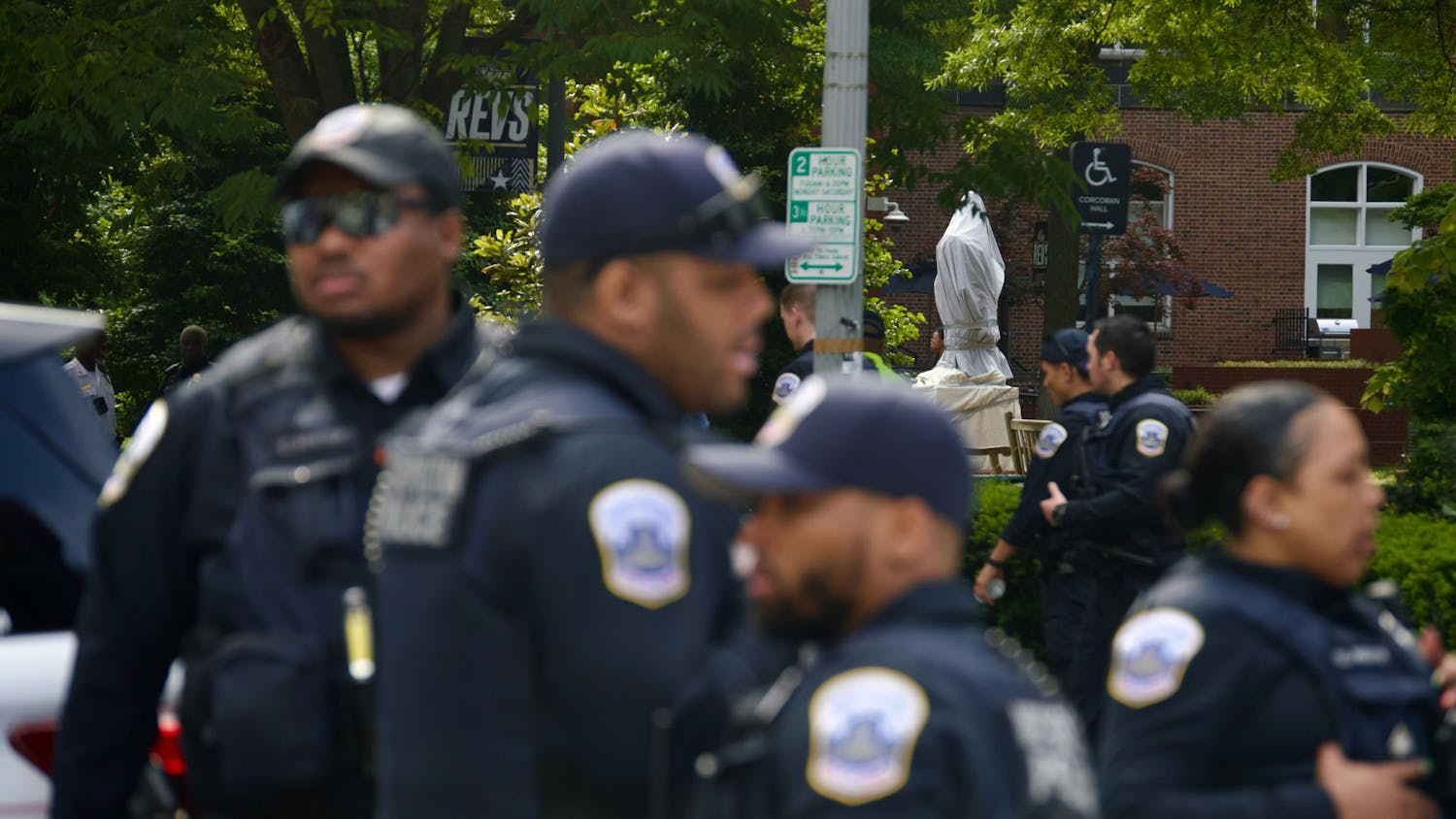Baby boomers oversaw a "remarkable transformation of thinking" in America, according to a panelist at Tuesday's American Forum, titled "What did you do in the Revolution Mom and Dad?: Debating the Boomers' Legacy of Social Change."
Roderick Harrison, a professor at Howard University, said it is thanks to the work of baby boomers that issues of racial and gender equality "have been taken off the table."
Leonard Steinhorn, a professor in the School Of Communication and author of "The Greater Generation: In Defense of the Baby Boom Legacy," agreed with Harrison. He said Americans should judge baby boomers by how they changed 1950s America into the America of today. "We have a fundamentally better America," said Steinhorn.
However, the moderator, Jane Hall, a professor in SOC, said not everyone agrees with Steinhorn's praise of baby boomers. She said baby boomers have a reputation to be narcissistic, consumerist and self-absorbed.
The panelists also discussed the differences between baby boomers and their children, members of Generations X and Y. Anna Greenberg, a leading polling expert and adjunct professor in the School of Public Affairs, said children of baby boomers are more liberal than their parents, especially on issues of individual freedoms, gay marriage, immigration, the environment, global warming and gender equality.
"Some of this comes from their parents," Greenberg said. Greater racial and ethnic diversity and more education have also contributed to this tolerance, she said.
The panel also discussed the difference between the protests of the baby boomers to the Vietnam War and the relative lack of protests by younger generations to the Iraq War.
"September 11 becomes a wildcard" when discussing young people's reaction to the war in Iraq, Greenberg said. She noted that because of the impact of September 11, members of Generations X and Y were initially the most supportive of the war of any age group. Also, the lack of a draft, limited the number of soldiers deployed and the lack of encouragement from parents discouraged a large protest movement, she said.
Steinhorn said the Vietnam protests were one of the first times young people openly defied the government on an issue as important as war.
"It took some courage and risk to protest the war," he said, because of the novelty of such an action.
"There's not that newness of it anymore, where it's this kind of uncharted territory," said Lindsay Zoladz, a freshman in College of Arts and Sciences. "We kind of know that while it does have the ability to garner a lot of attention, it's not necessarily going to change the world."
Rather than the usual distinct question and answer periods, the panel answered questions from the audience and asked the audience for their opinions throughout the forum.
"The most interesting thing to me was that the people on the panel seemed generally interested to hear the opinions of the students," Zoladz said. "That was an interesting element."
Throughout the forum, the panel struggled with the idea of how to define a generation. Baby boomers are those people born between 1946 and 1964. Steinhorn, however, believes that "not every age group is necessarily a generation." Instead he feels that age groups are more of a sensibility.
Zoladz disagreed with Steinhorn.
"It's hard to define generations, period," Zoladz said. "I don't think a generation is a shared set of beliefs. I think it's more a shared set of experiences, and the reactions people have to those experiences are individual to themselves"




